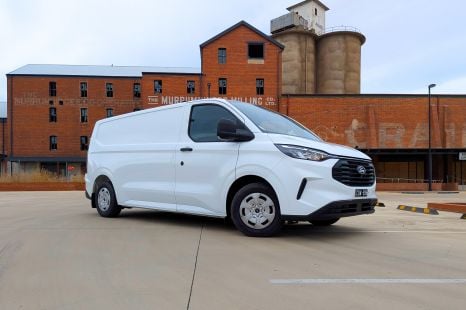

William Stopford
3 Days Ago

Marketplace Journalist
Less than a week after Porsche wound back its electric vehicle (EV) goals, the brand has confirmed the death of internal combustion for its Cayenne is still a long way away.
The fourth-generation Cayenne is set to launch in the second half of this decade as an electric-only model, with testing already underway.
However, Porsche has confirmed the current-generation model will still be sold alongside its updated sibling, with the carmaker continuing to invest in and develop its hybrid and combustion engine technology.
This includes including making its 4.0-litre V8 more efficient to meet future emissions regulations – which means the Cayenne will be sold with three powertrain options worldwide “up to and beyond 2030”.
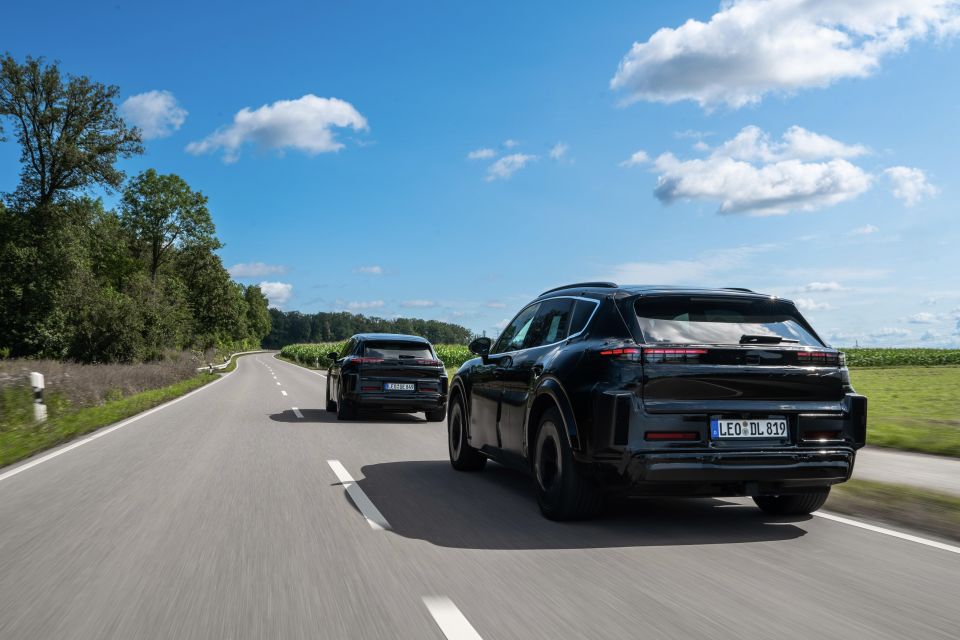
Brand CEO Oliver Blume said Porsche could “deliver more than 80 per cent of our new cars fully electrified in 2030 – depending on the demand of our customers and the development of electromobility” in the coming years.
However, current sales trends suggest the transition to EVs could take longer than Porsche and other brands expected, leading to the realignment of product plans.
The decision to keep internal combustion Cayennes on the market doesn’t mean Porsche is pushing its upcoming electric models aside.
Electric Cayennes, which are currently undergoing testing in Weissach, are expected to have completed “several million test kilometres” in a wide range of climatic and topographical conditions around the world to ensure they’re ready for market.

Forming the framework of the upcoming Cayenne is a further development of the Premium Platform Electric (PPE), which will feature 800V architecture and is designed to be flexible with a range of powertrain and chassis options.
The Macan, also built on the 800V PPE architecture, is on its way to Australia and will bring with it two electric powertrains, joining the Taycan in Porsche’s EV lineup.
Porsche still believes it will be able to produce enough EVs in 2030 to meet its previous goal, but demand for internal combustion vehicles could still be strong by that point.
Additionally, Porsche currently offers plug-in hybrid (PHEV) versions of the Cayenne and Panamera alongside the 911 and 718, the latter of which set to be replaced by a new electric sports car.
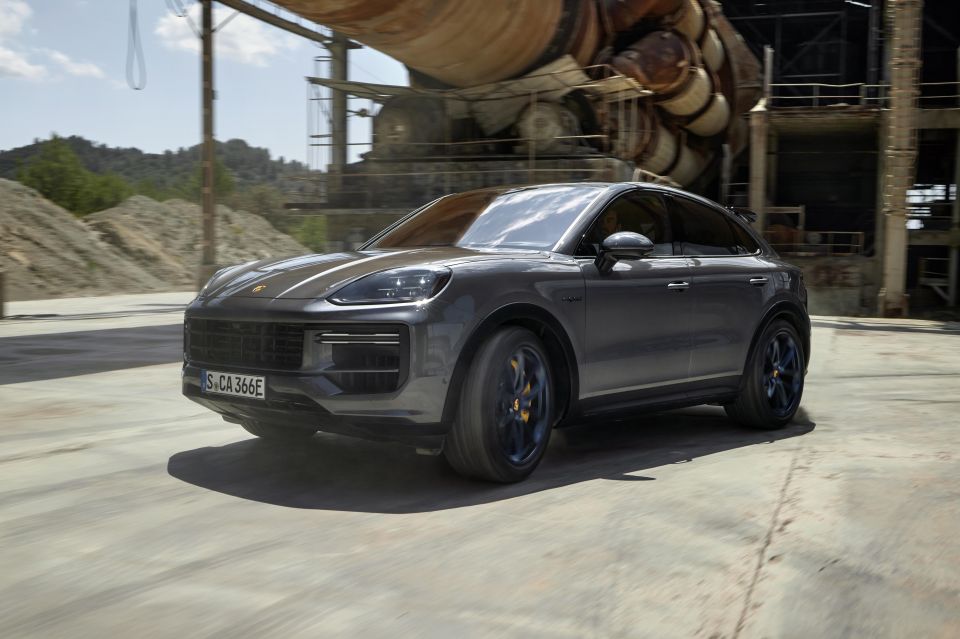
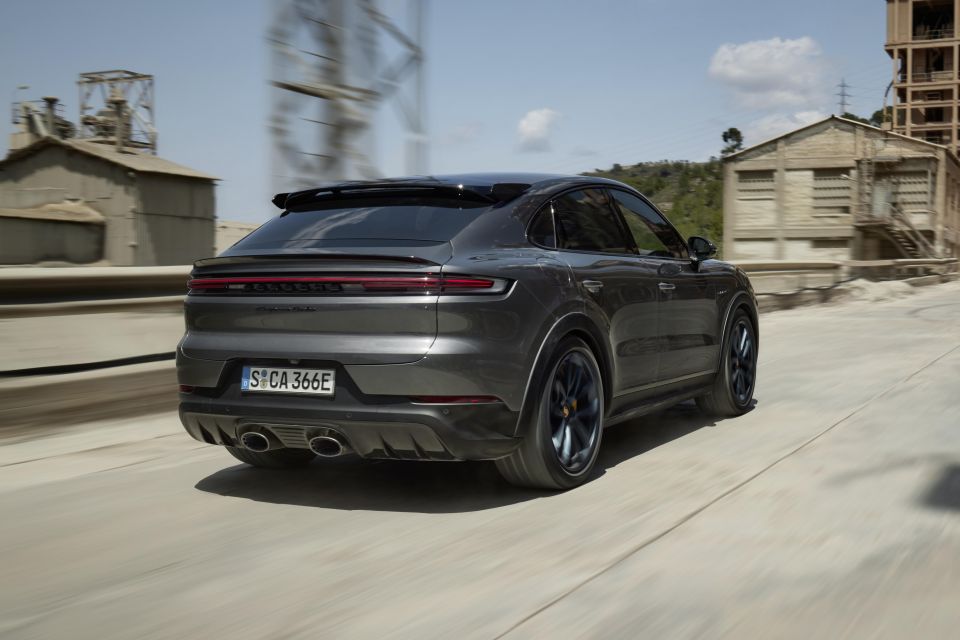
But demand for the electric Taycan has reportedly dropped, with German newspaper Stuttgarter Nachrichten reporting the Zuffenhausen plant where it’s built will be moved from a two-shift to a single-shift production schedule.
Other brands have felt the pinch from declining EV demand too. Mercedes-Benz earlier this year announced it would delay its target for EVs to account for 50 per cent of its global vehicle sales from 2025 to 2030, while also bundling plug-in hybrids within that same target.
Ford had committed to going electric-only in Europe in 2030, but this week Marin Gjaja, chief operating officer of Ford’s Model e EV division, said this goal was “too ambitious”.
Audi had previously outlined plans to become an EV-only brand by the early 2030s, though it this week weakened its ambitions to focus on the longevity of hybrids.
MORE: Everything Porsche Cayenne MORE: Porsche weakens its EV goal as demand cools MORE: Audi softens EV goals, shifts focus to hybrids
Take advantage of Australia's BIGGEST new car website to find a great deal on a Porsche Cayenne.
Max Davies is an automotive journalist based in Melbourne, Australia. Max studied journalism at La Trobe University and stepped into the automotive world after graduating in late 2023. He grew up in regional Victoria, and with a passion for everything motorsport is a fan of Fernando Alonso.


William Stopford
3 Days Ago
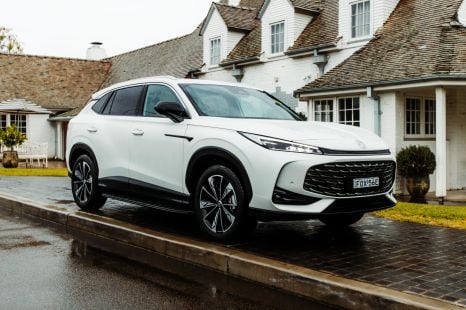

James Wong
2 Days Ago
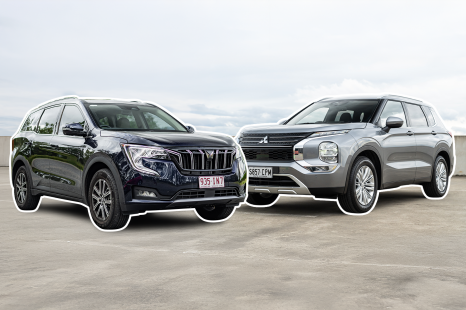

Andrew Maclean
1 Day Ago
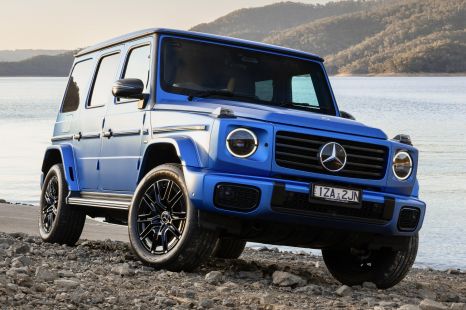

Max Davies
1 Day Ago
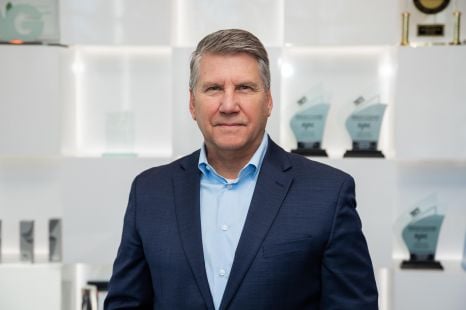

Josh Nevett
20 Hours Ago
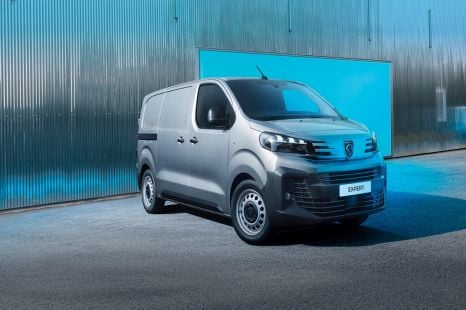

Damion Smy
19 Hours Ago